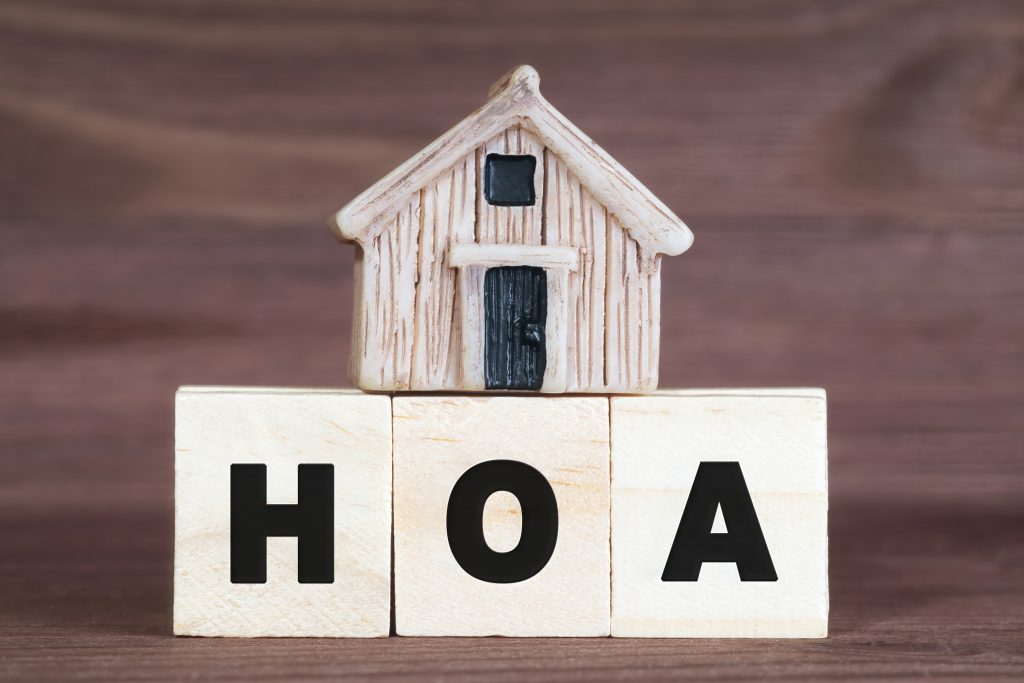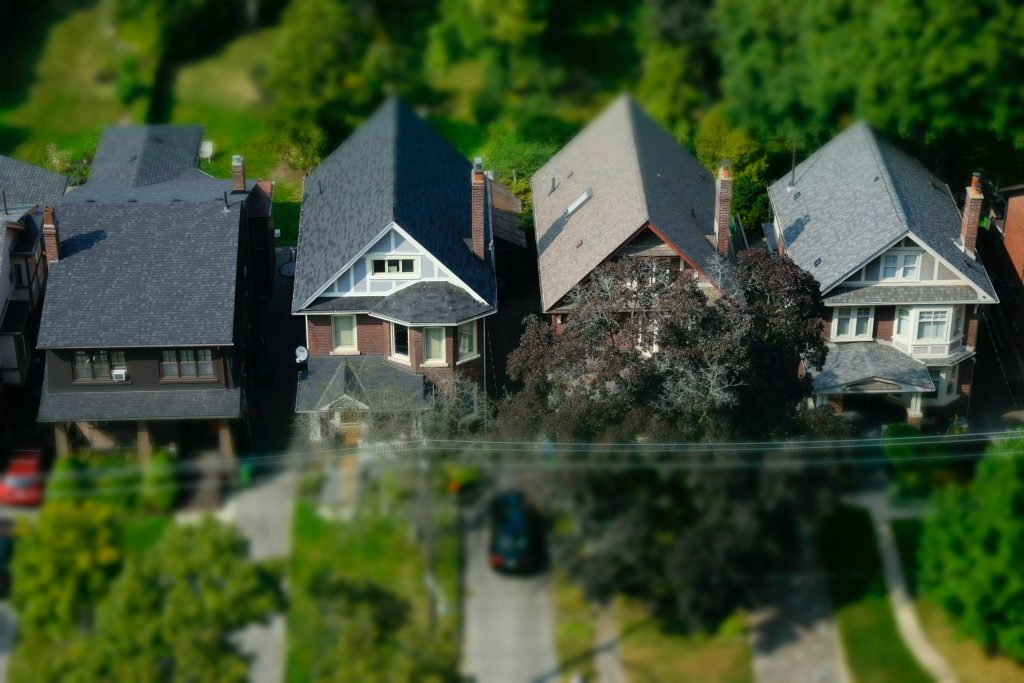The Pros and Cons of Canadian Homeowners Associations (HOAs)
Before buying a property in Real Estate Canada, you must consider whether it falls under the umbrella of a Homeowners’ Association (HOA).

Homeowners’ Associations (HOAs) have recently emerged as significant players in the real estate Canada scene. These private organizations wield considerable influence, shaping the real estate market, affecting property values, and enhancing the community experience.
Understanding an HOA’s presence and specific rules and regulations is a smart move, especially if you are a first-time home buyer. This way, you’ll be well-informed and won’t find yourself unexpectedly bound by a homeowners’ agreement.
Table of Content
Decoding Homeowners’ Associations (HOAs)
Homeowners’ Associations (HOAs) are private community organizations comprising homeowners residing within the same neighbourhood or development. They are formed to manage the shared areas and facilities within the community and enforce rules and regulations that all homeowners must adhere to.
HOAs can encompass various properties, including individual houses, townhouses, high-rises, or condominiums. Their responsibilities vary based on the property type. For instance, an HOA for a condo complex might oversee the entire property, whereas an HOA for a townhouse community might only manage the shared areas.
Legal Rights and Obligations
Individual extent’ of legal authority that individual HOAs have can vary based on their formation. Generally, HOAs have the legal power to establish and enforce community bylaws, such as regulations related to smoking, pets, or rentals within the building. They also oversee the setting of the building’s budget and can levy monthly or one-time fees on their members.
If a member fails to pay these fees or does not abide by the community’s bylaws, HOAs can impose various penalties, ranging from monetary fines and community privilege restrictions to legal action in severe cases.
In addition to their rights, HOAs also have several responsibilities. They must ensure that the use of their power is fair to all community members. They must maintain the property’s shared areas in a habitable condition and comply with all building, safety, and fire codes. HOAs should also proactively communicate with their members and keep them informed about changes or updates within the community.
HOA Fees and Expenses
HOAs charge their members monthly fees to fund their operations. In addition, depending on the community’s amenities, homeowners can expect to spend anywhere from $200 to $2,500 yearly in HOA taxes and fees.
At the bare minimum, homeowners must pay their share of the association’s operating costs, which may include:
- Maintenance and landscaping (including pest control)
- Garbage pickup
- Parking
- Shared utilities (e.g., in shared areas)
- Safety and security
Mandatory and Voluntary Membership
In many communities, homeowners must join the local Homeowners’ Association (HOA) when purchasing a property. This requirement is tied to property titles and involves complying with HOA regulations and associated fees. The HOA oversees common areas, security, and maintenance.
Some HOAs operate voluntarily, allowing homeowners the choice to join or not. However, opting out of the HOA membership may mean missing out on benefits like community events and services. Neighbourhoods with voluntary HOAs often need more uniformity found in mandatory membership communities.
Rules and Bylaws
Before buying a home in Real Estate Canada, it is advisable to get a copy of the bylaws and the Covenants, Conditions, and Restrictions (CC&R) document from your real estate agent. This document outlines the community’s restrictions. You may also access this information online. Carefully review each paper to ensure compliance with the HOA’s regulations.

Certain HOAs may restrict the type of landscaping in your front yard or the height of playground equipment. They might require prior approval for home extensions, installing a new roof or solar panels. Other laws may prevent you from renting your home for short periods through platforms like Airbnb, which can be an issue if the property is a rental or if the income is used to help pay the mortgage on your primary residence.
Advantages and Disadvantages
The primary goal of a homeowner’s association is to safeguard the value of the homes in the area. And so it is easier to accumulate equity through this type of property.
However, living in a community with a homeowners’ association has pros and cons.
Pros
- Steady property value due to standards governing the maintenance and appearance of homes.
- Access to private community amenities like a swimming pool, playground, clubhouse, gym, or on-site security. However, this could be limited to you as an owner and not extend to your guests.
- An HOA board that can hear and resolve member disputes between property-related issues that violate bylaws.
- Opportunities to socialize with neighbours at various HOA social events.
Cons
- HOAs can exert significant control over your home and living conditions. You may face restrictions on your design choices, paint colours, or pets.
- HOA costs can also put a strain on your monthly housing budget.
- Some HOAs can be severe when issuing violation notices for minor offences.
- Failure to adhere to HOA rules or pay dues can result in a fine or a lien on your property.
- You may not get a chance to serve on the HOA board or have a say in the community’s administration.
Understanding the Status of the HOA
HOAs are usually governed by a board of homeowners living in the community. Volunteers, elected by the residents, form an HOA (Homeowner’s Association) to maintain the value of their properties and a desirable quality of life in the community.
Once the development in a project is finished, a homeowners association is formed as a non-profit entity. Starting an HOA in an existing community is more difficult because it requires the consent of most property owners in the vicinity.
Sometimes, HOAs are managed by a real estate developer or a property management company. It’s essential to understand how responsive those in charge are when issues arise.
Remember, serving on the HOA board is a commitment few people are willing to make; this may lead to the same board members being frequently re-elected and create conflicts, especially when members and residents disagree on an issue.
If the development is relatively new, determine if a board is already in place, as the developer usually retains control until they have sold a certain number of units.
The Bottom Line
When considering real estate investments, Homeowners Associations (HOAs) present advantages and disadvantages. On the positive side, HOAs can help safeguard property values by maintaining the community and offering essential services. However, the downside lies in the impact on cash flow, as HOA fees can eat into profits.
Additionally, HOAs may enforce restrictive rules that limit property modifications and renters’ activities, potentially affecting your revenue and tenant satisfaction. To make informed decisions, real estate investors should thoroughly examine the rules, financial commitments, and compatibility of an HOA with their investment objectives before purchasing property in an HOA-managed community.
Final Thoughts
While HOAs play an integral role in managing and preserving shared spaces in a community, the costs and rules associated with them can be a significant consideration for homeowners. Therefore, homebuyers looking at homes for sale in Brampton or anywhere else in Canada must understand the workings of HOAs before making a purchase decision.
Understanding HOAs can be difficult, but with guidance from the best real estate websites in Canada, you can make the best decision that suits your lifestyle and financial situation.
Remember, owning a home is not just about finding the right property; it’s also about being part of a community that aligns with your values and lifestyle.
